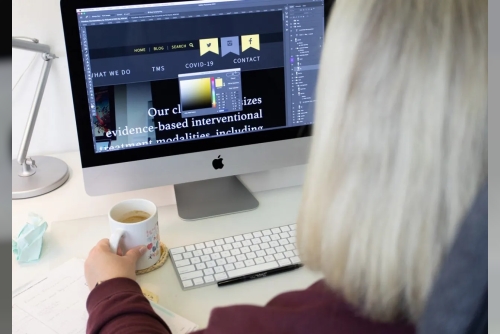Since the 1950s, over 9.1 million tons of plastic has been manufactured, of which 6.9 million tons has become waste. Still, almost 6.3 million tons of it has never been through the recycling process, as per the National Geographic Society. The waste is now clogging up the earth’s soil as well as waterbodies. To tackle the problem, not only are recycling activities being promoted and mandated, but biodegradable plastic is also being manufactured, from organic sources. One such bio-based plastic is polyethylene terephthalate, or PET.
Bags, bottles, cosmetic containers, 3D printing, blister packs, trays, sanitary products, carpets, and foils are the various products which are now being made from bio-based PET. Among these, the highest consumption of this material is currently in the production of bottles. PET bottles have been a common sight for decades, and with companies becoming more aware about the harms of conventional plastic, these products are being made of biodegradable PET. In December 2013, Coca-Cola roped in RENMATIX and VIRENT to produce bio-based PET bottles for its iconic beverage.
With time, a number of other global companies have come together to develop sustainable packaging solutions. For instance, in 2017, the Nestlé Waters division of Nestlé SA and Danone, which are providers of bottled water, joined Origin, a U.S.-based startup, to form the NaturALL Bottle Alliance. The major idea behind the alliance is to manufacture 100% renewable bottles from bio-based PET, on the commercial scale. With many of such multinational companies now pursuing sustainable living, these alliances have become somewhat of a trend.
Owing to these measures, among all the industries where such renewable plastics are being used, viz. automotive, packaging, textile, electronics, medical, and horticulture, the packaging sector consumes them in the highest volume. Bio-based PET is being rapidly adopted for the packaging of premium products and food stuff, apart from the manufacturing of bottles. Compared to conventional plastic, the bio-derived variant has a longer shelf life and higher breathability, the latter of which is essential for fruits and vegetables. In the coming years, the automotive sector is predicted to rapidly start using this material, primarily for dashboard components, seat covers, vehicle covers, and battery cases.
Geographically, Asia-Pacific (APAC) has been the largest bio-based PET market, and the situation is not expected to change in the coming years. Due to the concerns being raised over the high amounts of greenhouse gases (GHG) being expelled into the atmosphere, governments of regional countries are taking initiatives in the direction of innovating new packaging technologies, which can help reduce these emissions. Additionally, the manufacturers of renewable plastic bottles are increasing their production capacity to cater to their surging demand around the world.
Thus, to complement plastic recycling efforts, to ultimately reduce pollution, companies are rapidly adopting bio-based PET, as it is biodegradable.
















